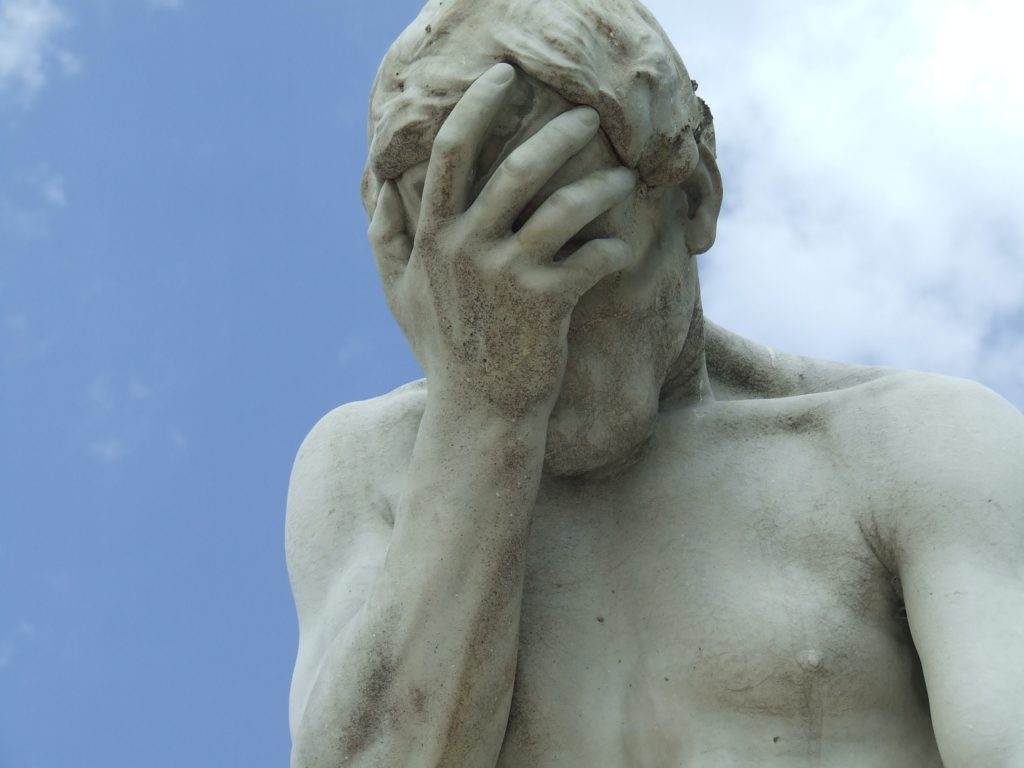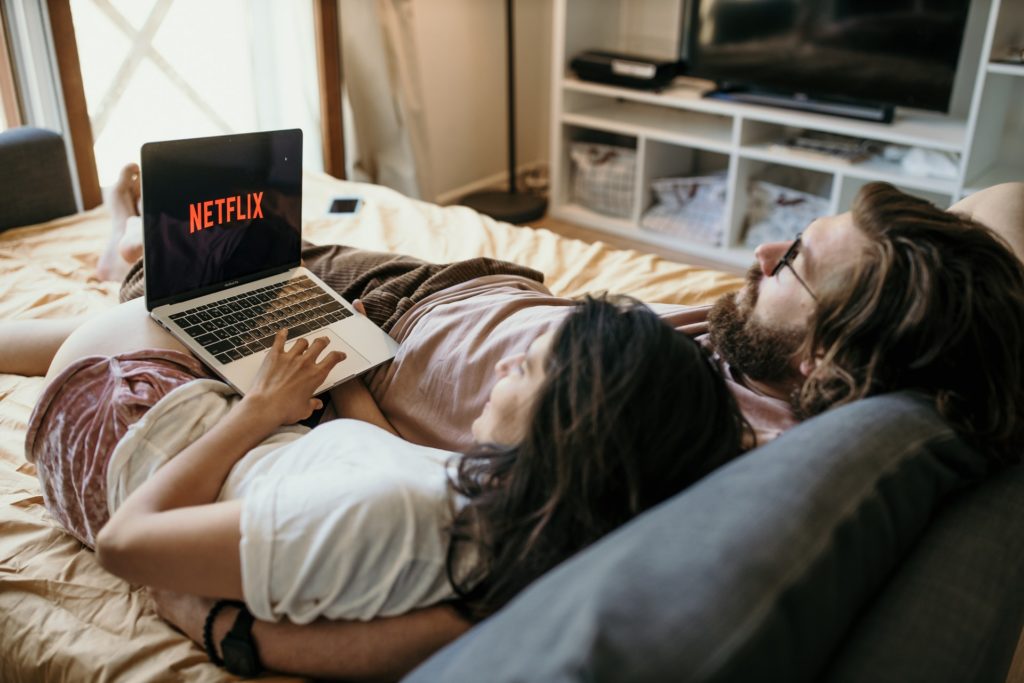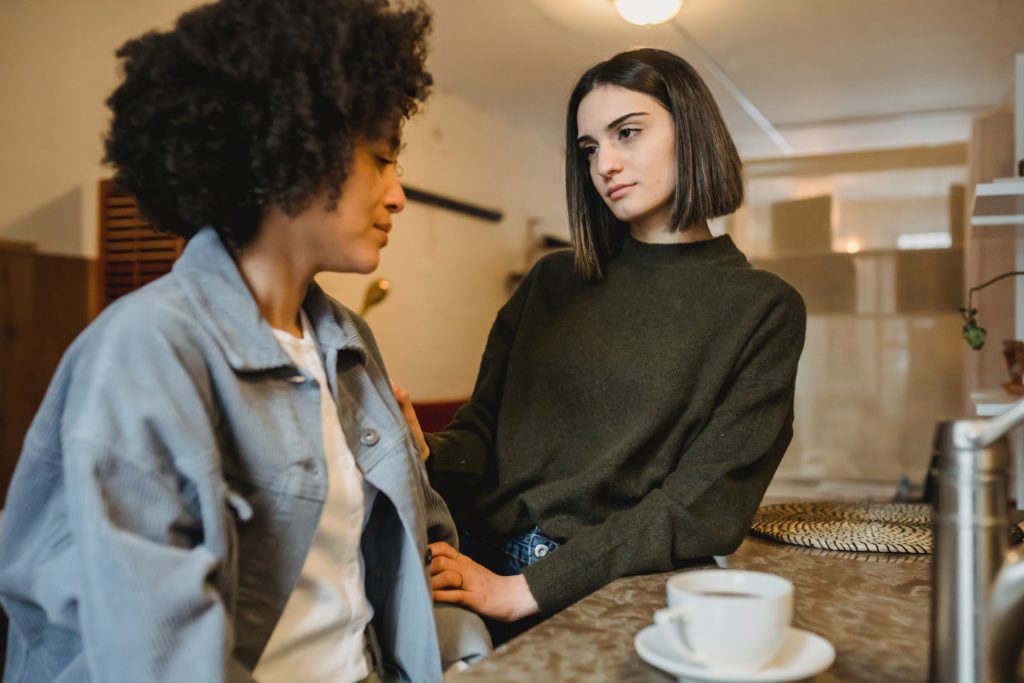
By Yvonne Milosevic
Raise your hand if your pandemic-era goals included things like learning how to play an instrument, getting serious about your side hustle, or mastering the art of making sourdough bread. With inspo from Insta and TikTok, we had ambitious plans for maximizing all that free time on our hands. So, what happened? For many of us, as the isolation dragged on, we lost our motivation.
Instead of being productive, we frittered away endless hours doomscrolling and binge-watching Tiger King and Friends. When we look around, it seems like everyone else upskilled during the lockdown while we underachieved on our lofty aspirations. Now that life is starting to resemble something akin to normal, we’re faced with another crisis: pandemic regrets.

A new article from Kellogg Insight explores how we tend to focus on the lost opportunities of the last 18+ months rather than the accomplishments. Things like missed vacations, milestone celebrations, and stalled career momentum. Neal Roese, a professor of marketing at the Kellogg School of Management, is an expert on the psychology of regret. He believes we can manage our pandemic regrets if we try to contextualize and learn from them.
As a starting point, Roese thinks that acknowledging the magnitude of the pandemic’s shared tragedy can help absolve regrets. “Maybe, with the passage of time, we’ll be able to put it into perspective and see that this is one of the most unique, powerful, and consequential experiences that any of us will have,” he says.
“Most major events in history are things we read about in books. But how many of us have actually lived through something as tumultuous as this?”

Make Peace with Your Pandemic Regrets
Regret is a universal human experience. The task at hand is to learn how to deal with these feelings. People who have lost jobs, or worse, loved ones to the pandemic, may be struggling right now. “COVID is a long-running, slow-motion drama that makes it especially hard for us to cope,” Roese says.
Also, it’s ok not to feel ok yet. “With the distance of time,” he adds, “we can look back (…), see that we survived, and focus on moving forward.”
Roese also points out that regret does have an important upside—it can help us see how we might change things for the better in the future.
Rather than beating yourself up for your pandemic-era shortcomings (real or imagined), ask yourself what you can learn from this experience. Often, regret clues us into what matters most. For example, if you regret becoming disconnected from your friends or colleagues, find opportunities to reestablish those valuable relationships. If you feel bad about how you’re managing work and home responsibilities, share those struggles with your coworkers.

“By being vulnerable and sharing a personal detail, you are forging a stronger connection with another person,” Roese says. “That’s a recipe toward greater intimacy that strengthens everyone in a working relationship.”
More happiness ahead
So maybe you didn’t fill your lockdown days with a brag sheet of accomplishments. Nevertheless, you likely still have plenty of things to feel grateful for. We have one final suggestion for helping you let go of pandemic regrets: start a gratitude journal. Expressing gratitude helps reduce stress and anxiety and helps us refocus on what we have rather than what we’ve missed.
“When we focus on those things that are within our control, we’re setting ourselves up for a healthier outcome,” Roese says. “If we can take some steps to correct, fix, or improve upon what we’ve been doing, we’re in a much better position.”
Related:
Find Happiness with the Simple Daily Routine
The Positive Power of Regret


